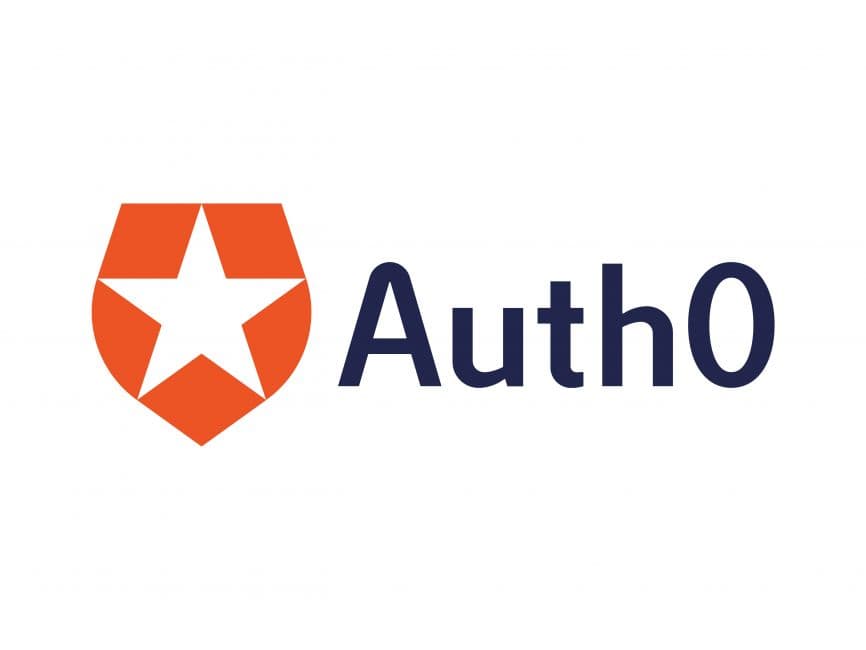Auth0 vs. AWS Cognito
Auth0
auth0.com/Auth0 is a flexible, drop-in solution to add authentication and authorization services to your applications. Your team and organization can avoid the cost, time, and risk that come with building your own solution to authenticate and authorize users.
AWS Cognito
docs.aws.amazon.com/cognito...Amazon Cognito is an identity platform for web and mobile apps. It’s a user directory, an authentication server, and an authorization service for OAuth 2.0 access tokens and AWS credentials. With Amazon Cognito, you can authenticate and authorize users from the built-in user directory, from your enterprise directory, and from consumer identity providers like Google and Facebook.


Pros
Cons
Pros
Cons
Frequently Asked Questions
Auth0 and AWS Cognito are both robust solutions for user authentication, but they cater to different needs. Auth0 is known for its flexibility and ease of integration, making it a great choice for teams looking to quickly implement authentication without building from scratch. AWS Cognito, on the other hand, excels in environments already leveraging AWS services, offering seamless integration with other AWS tools and services. The choice between Auth0 and AWS Cognito depends on your specific requirements, such as the existing tech stack, budget, and the level of customization needed.
The cost-effectiveness of Auth0 versus AWS Cognito can vary based on your usage patterns and specific needs. Auth0 offers a flexible pricing model that can be more suitable for startups and small to medium-sized enterprises looking for a quick, out-of-the-box solution. AWS Cognito, while potentially more complex to set up, can be more cost-effective for larger enterprises or applications already hosted on AWS due to its pay-as-you-go pricing and deeper integration with other AWS services. Evaluating your anticipated user base and required features will help determine which service provides better value for your situation.
Auth0 generally offers a more straightforward integration process with a variety of platforms and languages, making it a popular choice for developers seeking a quick and flexible solution. AWS Cognito, while powerful, often requires a deeper understanding of AWS services and might have a steeper learning curve. However, it provides excellent integration with other AWS services, which can be a significant advantage if your application is already within the AWS ecosystem. Ultimately, Auth0 is likely easier for developers new to user authentication systems, while AWS Cognito is better suited for those familiar with AWS.
Both Auth0 and AWS Cognito are designed to scale with your application. Auth0 offers scalability with its cloud-based infrastructure, handling millions of logins per day for large-scale applications. AWS Cognito also provides robust scalability, particularly for applications running on AWS, leveraging AWS's global infrastructure. The decision may come down to the specific architecture of your application and your familiarity with scaling within each platform's ecosystem. Both services can handle high traffic, but AWS Cognito might offer more seamless scaling if your application already utilizes other AWS services.
Auth0 is a flexible, drop-in solution designed to add authentication and authorization services to your applications. It helps organizations avoid the cost, time, and risk associated with building their own authentication and authorization systems.
There are currently no user-generated pros and cons for Auth0. Generally, Auth0 is known for its ease of integration, comprehensive documentation, and robust security features. However, some users may find its pricing model expensive as the number of active users grows.
Auth0 offers a range of features including multi-factor authentication, single sign-on, social login, passwordless login, and extensive support for various identity providers. It also provides detailed analytics and logs to monitor authentication activity.
Organizations of all sizes can benefit from using Auth0, especially those looking to quickly implement secure authentication and authorization without building their own solutions. It is particularly useful for developers, IT departments, and businesses focusing on security compliance.
Yes, Auth0 is highly scalable and can handle authentication and authorization for applications with large user bases. Its cloud-based infrastructure ensures that it can grow with your application’s needs.
Amazon Cognito is an identity platform for web and mobile apps. It serves as a user directory, an authentication server, and an authorization service for OAuth 2.0 access tokens and AWS credentials. With Amazon Cognito, you can authenticate and authorize users from the built-in user directory, from your enterprise directory, and from consumer identity providers like Google and Facebook.
Pros of AWS Cognito include its generous free tier, low price per monthly active user, and strong integration with the AWS ecosystem. These features make it a cost-effective and scalable solution for user authentication. However, some users may find the setup and configuration complex if they are not familiar with AWS services.
AWS Cognito can handle authentication from the built-in user directory, enterprise directories, and consumer identity providers like Google and Facebook. This makes it versatile for different types of applications and user bases.
Yes, AWS Cognito is suitable for large-scale applications due to its scalability and integration with the AWS ecosystem. It can handle a high number of users and provides features like multi-factor authentication and encryption for added security.
Yes, AWS Cognito integrates seamlessly with other AWS services such as AWS Lambda, Amazon API Gateway, and Amazon S3. This allows developers to build comprehensive solutions with secure user authentication and data management.


















